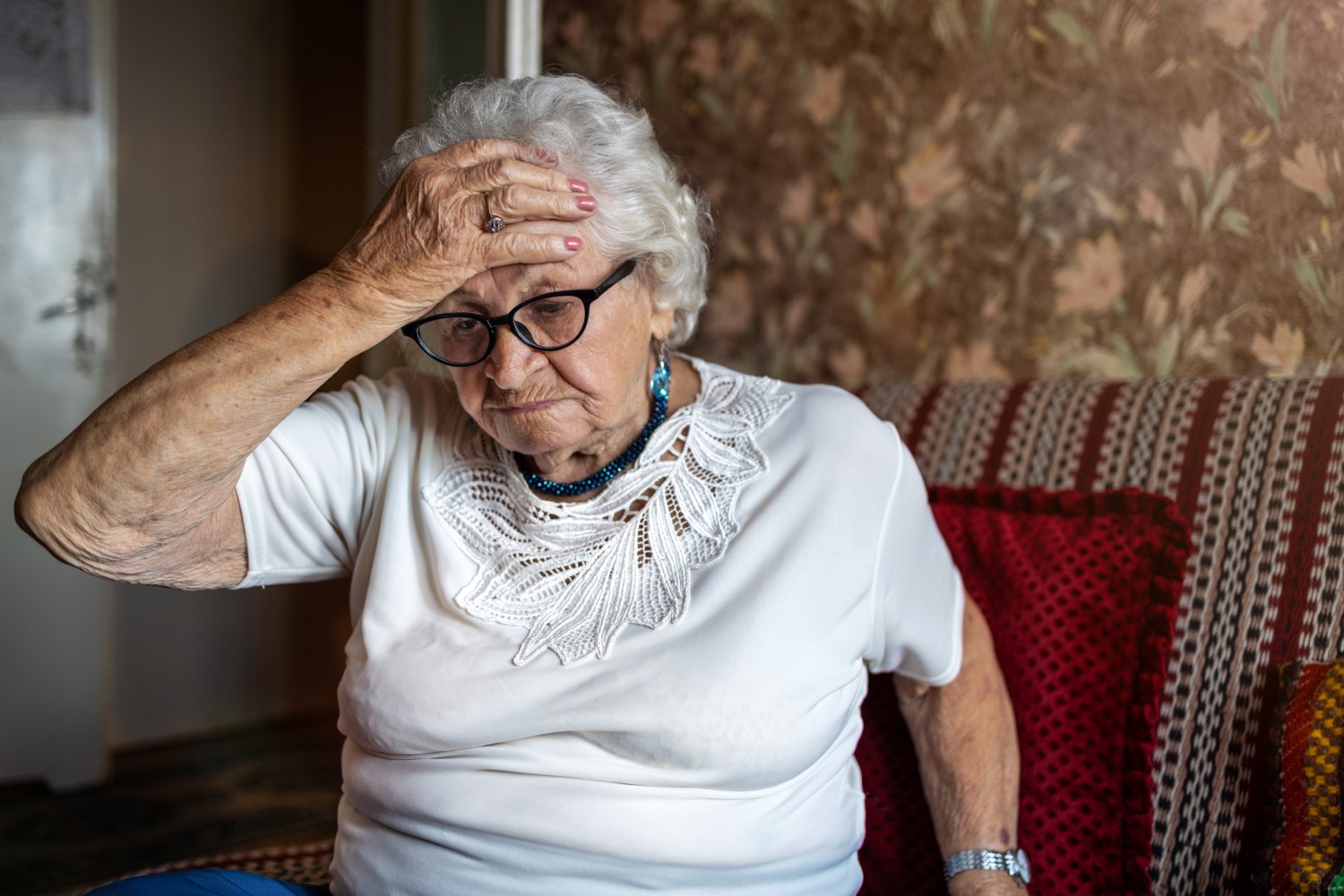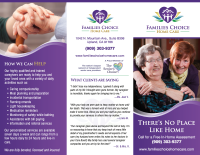
Aging isn’t easy. But neither is caregiving for an aging loved one who is experiencing mood swings or erratic behaviors. Handling these scenarios requires a heap of patience and compassion, as well as some expert tips.
Three Steps to Handle Mood Swings in Elderly Adults
The first step to understanding what’s normal and what’s not is learning more about senior mental and emotional health. Seniors are at much higher risk for various mental/emotional side effects due to age-related changes, losses, and escalating health issues. Also, any Alzheimer’s or other dementia-related progression can cause erratic moods and behaviors.
Some of the most common social/emotional responses to aging are:
- Depression
- Anxiety
- General apathy (lack of interest)
- Restlessness/agitation
- Anger management issues
- Violent outbursts
- Wandering (most common with Alzheimer’s/dementia)
- Social withdrawal
These are all signs an aging loved one requires more support, especially if they live alone without a designated caregiving plan.
As professionals who dedicate our lives to caring for and supporting aging seniors and their families, we at Families Choice Home Care take a three-step approach to clients with unpredictable mood swings or erratic (and sometimes violent) behaviors.
1. Take a Compassionately Curious Approach
Mood swings aren’t uncommon for anyone 65+, especially if they are moody by nature. Age-related changes and losses take increasing effect as seniors lose the ability to do the things they used to love to do and as they surrender to the loss of autonomy they had before.
However, any atypical or severe mood swings or impulsive behaviors are abnormal and indicate something deeper that must be addressed.
Also, we always encourage setting an appointment with the individual’s primary physician in case an undiagnosed or un/mismanaged health issue is the cause.
Examples of behaviors you might notice are:
- Crying “for no reason”
- Atypical or violent outbursts
- Rapid transitions from happy to sad or content to aggressive
- Insomnia or sleeping too much
- Watching TV throughout the day
- Avoiding people, places, or activities they used to enjoy
- Speaking rudely to strangers, loved ones, or friends
- Physical aggression (do not put yourself in harm’s way. Call 911 if necessary and connect with their physician ASAP to determine the next steps)
- Restless or agitated motions or actions
- Inappropriate gestures, comments, or touching of their bodies (often a sign of dementia)
Our first step is to become EQ (emotional quotient) detectives, putting the clues together as we get to the root causes of new, disturbing, or escalating behaviors.
Questions to consider include:
- Is there a particular day or time associated with notable shifts in their mental or emotional landscape? For example, adults with dementia-related disorders frequently become more erratic at sundown, referred to as “sundowning” or “sundowner’s syndrome.”
- Do any of these behaviors correlate with potential medication side effects?
- Are they eating well?
- Is physical pain or discomfort causing irritability? If so, comfort care is available in many forms.
- Are they sleeping too little or too much?
- Is their shift in mood a reflection of emotions they’re unable to express or voice (anger, sadness, grief, frustration, etc.)?
- Do they have access to community and routine social engagement outside caregivers and immediate family?
- Are deeper emotional issues contributing to mood swings like depression, anxiety, or unresolved grief?
Keep a daily journal of your loved one’s changes for at least a week and up to a month. This information can help you and their primary physician find patterns or triggers that would go missed otherwise.
2. Address the Common Causes of Mood Swings in Elderly Clients
Now it’s time to address the foundational causes and learn how to handle mood swings in the elderly.
Communicate clearly and compassionately
If your loved one is aware of their mood swings, learn all you can about their experience and what’s causing them. Sometimes they just need a compassionate ear and no fixing is required.
They may be able to tell you specific things they want or don’t want, and you can address these accordingly.
Make sure they’re eating well
The term “hangry” (hungry + angry) is commonly used because most of us become easily frustrated, curt, and angry when we’re hungry. If seniors don’t have access to healthy, nourishing meals their outbursts will be more frequent and dramatic.
Take stock of the refrigerator and cupboards. If they’re bare or your loved one lacks the stamina or interest to prepare food for themselves, it’s time to bring extra meal support. This is essential for seniors with specific dietary needs or those with a dementia diagnosis, as certain foods support emotional well-being.
Ask physicians, specialists, & pharmacists to review medications
Sometimes the right hand doesn’t know what the left one is doing, especially if multiple specialists are involved. Have physicians and a pharmacist check their medications to see if medication changes (or a bad medication combination) are a source.
Find ways to add more social joy to their lives
Some of the leading causes of senior depression, anxiety, and retreat are due to senior isolation and the inability to connect socially with peers, community members, and the things they love to do. This is especially true if seniors are unable (or unsafe) to drive and can’t leave their homes independently.
Getting an isolated senior back out in the community with access to the people and activities that interest them can make a world of difference in their daily moods and behaviors.
3. Upgrade In-Home Support Options
If Step #2 options aren’t as effective as you’d hoped or there is an increase in moods and behaviors, it’s time to upgrade the in-home support system. In-home care services cover a broad spectrum, including:
- Respite care for a spouse or primary family caregivers
- Transportation services
- Meal planning and preparation
- Companionship
- Personal/Hygiene care
- Overnight or live-in care
- And more
Licensed, professional in-home care providers are specially trained and experienced in handling the common side effects of aging and memory-related changes, including mood swings in elderly clients.
Choose Families Choice Home Care
As a family-owned and operated non-medical home care agency, we are dedicated to improving the lives of our clients through compassion and personalized service. Click below to learn more about how our services help keep our clients happy, healthy, and safe as they age at home.
Contact Us to Learn More
We offer free, in-home consultations to help determine the best way we can help your elderly loved one navigate this next stage in their journey. Click below to schedule one today.
Request a Free Home Care Assessment





